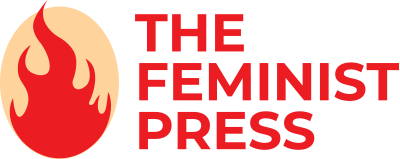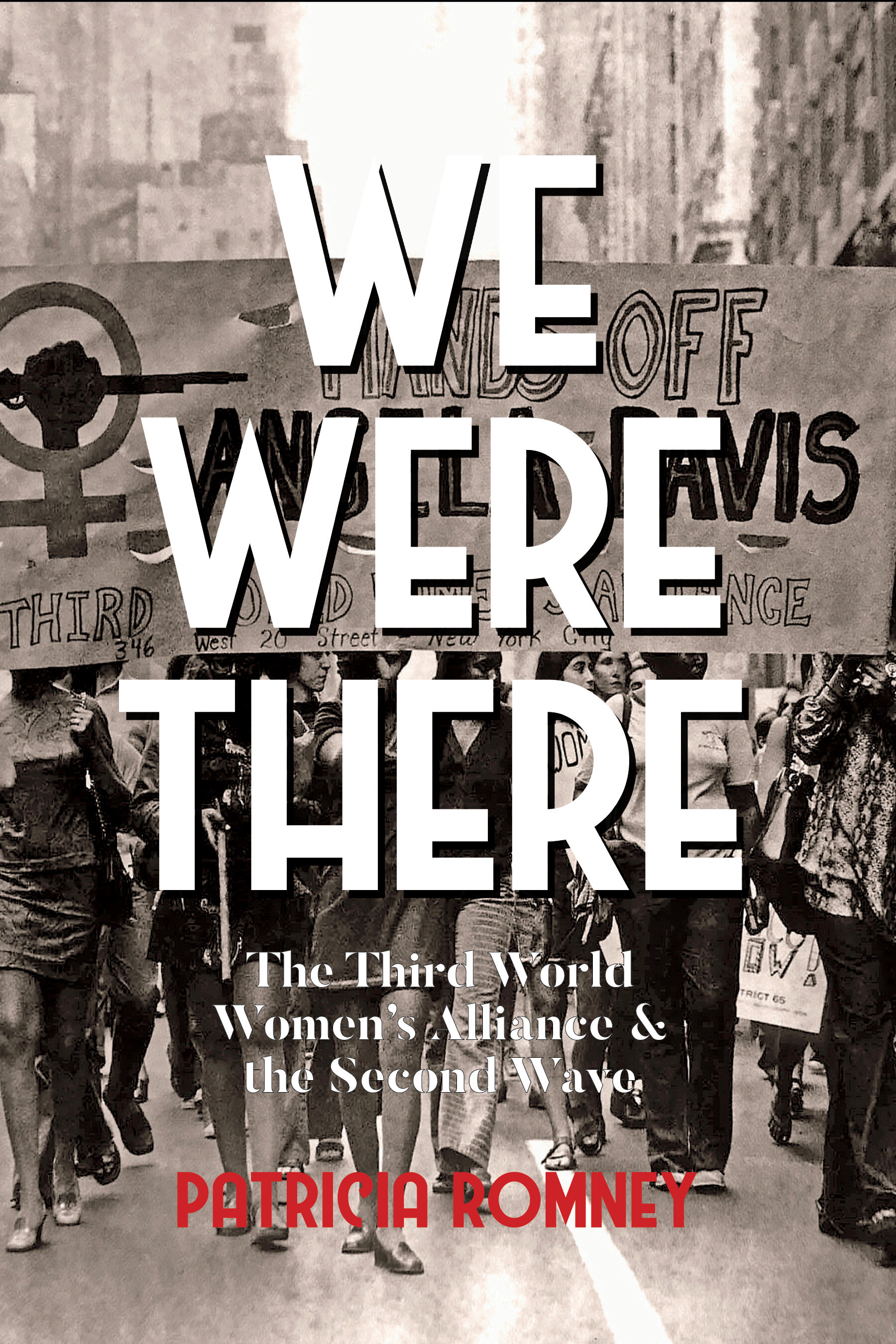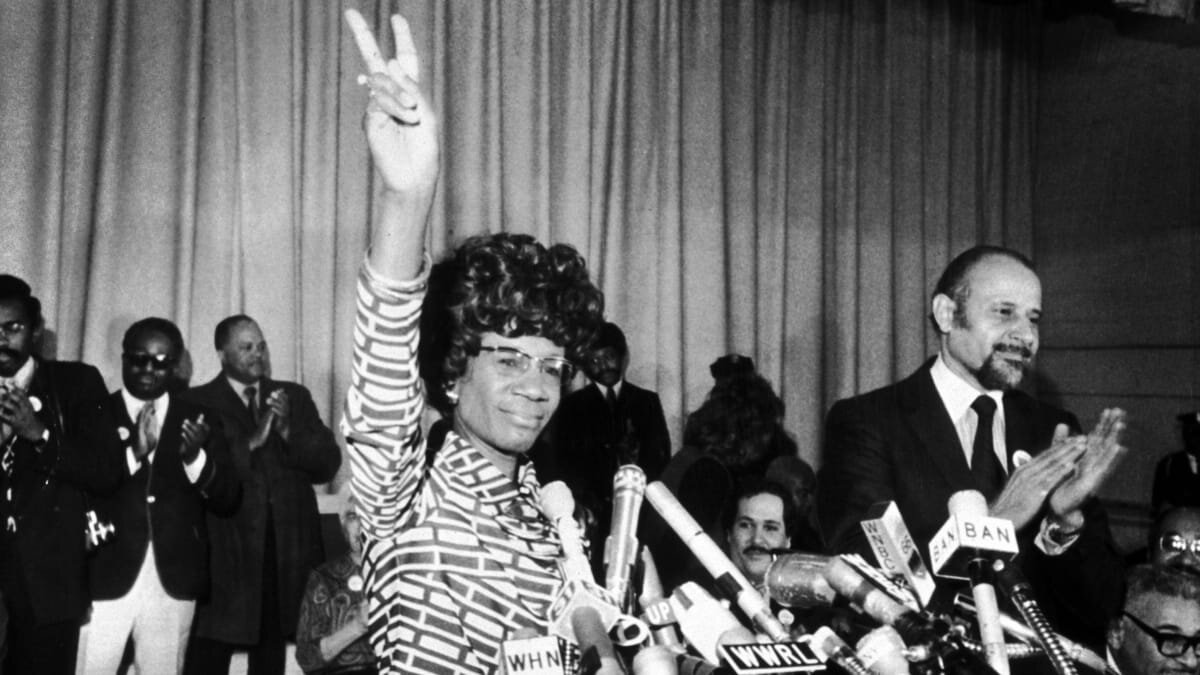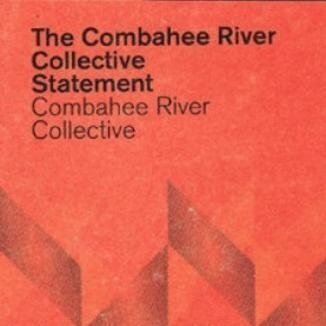FP Staff List: 1970s feminist milestones + We Were There
From 1970 to 1980, the Third World Women’s Alliance lived the dream of third world feminism. In her new memoir, WE WERE THERE, Dr. Patricia Romney shares how the small bicoastal organization advocated for what came to be known as intersectional activism, arguing that women of color faced a “triple jeopardy” of race, gender, and class oppression. Rooted in the Black civil rights movement, the TWWA pushed the women’s movement to address issues such as sterilization abuse, infant mortality, welfare, and wage exploitation, and challenged third world activist organizations to address sexism in their ranks. Widely recognized as the era’s primary voice for women of color, this alliance across ethnic and racial identities was unique then and now.
In celebration of the TWWA and Romney’s incredible new book, we’ve gathered a list of some of the most iconic feminist moments in the 1970s, from Shirley Chisholm’s presidential run to Roe v. Wade.
1970
AMAZON BOOKSTORE COOPERATIVE—THE FIRST FEMINIST/LESBIAN BOOKSTORE IN THE US—OPENS IN MINNEAPOLIS
“Amazon Bookstore Cooperative was the first of a network of feminist bookstores that opened in the US throughout the 1970s. These stores operated as crucial community hubs, recirculated works that had gone out of print, and brought together queer and feminist writers and activists for grassroots organizing. Amazon Bookstore Cooperative in particular is interesting because of its shared name with the infamous multinational book-selling conglomerate, which was the subject of a lawsuit in 1999—it's hard to imagine a starker contrast. Sadly, many of these indie feminist bookstores (including Amazon Bookstore Cooperative) are no longer operating, but others survive, like our friends at Charis Books in Georgia!”
—Rachel
November 1970
THE FEMINIST PRESS IS FOUNDED
“FP began as a crucial publishing component of second wave feminism, reprinting feminist classics by writers such as Zora Neale Hurston and Rebecca Harding Davis, and providing much-needed texts for the developing field of women’s studies. I'm so grateful for the 50+ years of FP books and founder Florence Howe's vision for the Press.”
—Lucia
1970–1973
S.T.A.R. AND THE S.T.A.R. MANIFESTO
“In the months following the Stonewall Rebellion in June 1969, Sylvia Rivera and Marsha P. Johnson, along with a multiracial group of trans and queer people in New York City, would form S.T.A.R., the Street Transvestite Action Revolutionaries. Their premise, outlined in their 1970 manifesto, was to take the lessons learned from Stonewall into the new decade, demanding the right to self-determination, the end to job discrimination and police harassment, free access to health care, food, and transportation, and the formation of a people's government. The manifesto presaged many demands still made by social movements today, and staunchly opposed ‘this government who spends millions of dollars to go to the moon, and lets the poor Americans starve to death.’”
—Nick
July 1972
SHIRLEY CHISHOLM RUNS FOR PRESIDENT
“Running under the campaign slogan ‘Unbought and unbossed,’ Shirley Chisholm became the first Black woman to be elected to Congress in 1968. Then four years later, she made history again by trying to secure the Democratic presidential nomination.”
—Lauren
January 1973
THE SUPREME COURT’S ROE V. WADE DECISION
“The SCOTUS's landmark decision in Roe v. Wade nullified a number of repressive abortion laws and, despite repeated attacks since the ruling, remains an affirmation of the individual's right to choose. Roe isn't perfect — it doesn't ensure equitable access to abortion — but it is, without a doubt, an icon of the second wave. I hope we never stop fighting to defend Roe, and never take for granted the ability to decide when, if, and how we have children.”
—Sophie
1974
THE COMBAHEE RIVER COLLECTIVE IS FORMED
“The Combahee River Collective was established by members of the National Black Feminist Organization, like scholar and activist Barbara Smith in Boston, as a result of the exclusion these activists felt from the mainstream white feminist and civil rights movements occurring at the same time. The group was responsible of the drafting of the Combahee River Collective Statement, which transformed feminist activism and politics by naming the importance of viewing forms of oppression as interlocking with one another, and thus being a precursor to the concept of intersectionality, which would be coined almost a decade later.”
—Ozichi
October 1975
ONE OF THE FIRST “TAKE BACK THE NIGHT” PROTESTS
“While now spread across the country on college campuses and communities, Take Back the Night started in the ’70s to fight back against the high cases of violence against women. Participating in these marches was a moving moment for me as I was able to see that violence, while spread across varying types of women, was constant. Walking together with others who have been impacted and standing to say no more was essential in my growth.”
—Lanesha
1976
RELEASE OF CHRISTINE CHOY’S DOCUMENTARY FROM SPIKES TO SPINDLES
“It's no surprise that one of the first people who came to mind is already featured in We Were There! Choy's documentary opened my mind up not only to the activist history, but also the visual atmosphere of New York's Chinatown in the 1970s. The film itself, as well as the story of how she made it happen, helped me to better understand the raw, messy, explosive nature of art and organizing at the time.”
—Isla
October 1977
THE LIBERTY ISLAND PROTESTORS
“On October 26, 1977, demonstrators occupied the Statue of Liberty demanding Puerto Rican independence and the release of four Puerto Rican nationalists who had been imprisoned after participating in a shooting at the US House of Representatives in 1952.”
—Jisu











